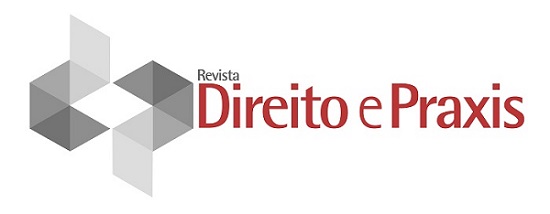Abstract
The work carried out by women in the artisanal fishing production chain is historically invisible, whether in the internal prestige of communities, in fishing management, or in the legal identification of workers. Women's invisibility even incurs the restriction of social security rights, such as the so-called Defeso. Over the years 2018 to 2022, the research investigated the struggle of shellfish gatherers from Farol de São Thomé, a community located in Norte Fluminense, RJ - Brazil, against gender stereotypes present in the public policy entitled Projeto Bolsa Cidadão (PBC), instituted in the municipality of Campos dos Goytacazes/RJ from 2000 to 2021. Based on qualitative methodological techniques, such as direct observation in fieldwork, semi-structured interviews, and organization of a focus group, as well as a critical legal-anthropological epistemology, the text seeks to reflect on the dimensions of redistribution, recognition, and female participation in artisanal fishing and concludes that discriminatory blocks restrict or even exclude female workers from accessing social programs. This article results from research funded by the Pescarte Environmental Education Project (PEA), a mitigation measure required by the Federal Environmental Licensing conducted by IBAMA.
Keywords:
Artisanal fishing; Female invisibility; Social justice
